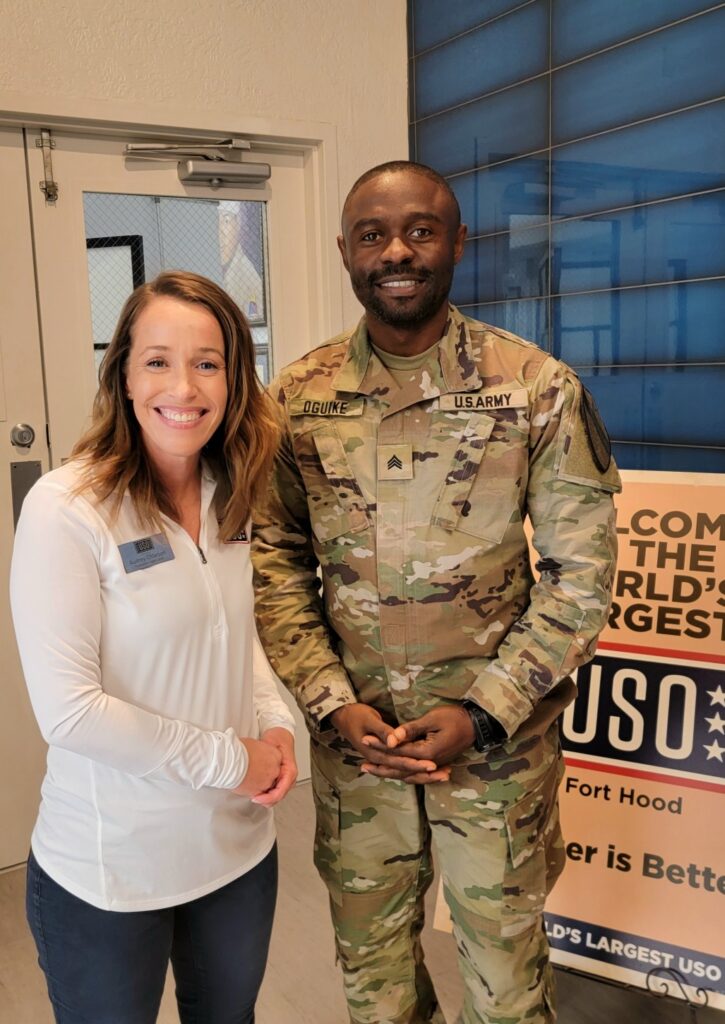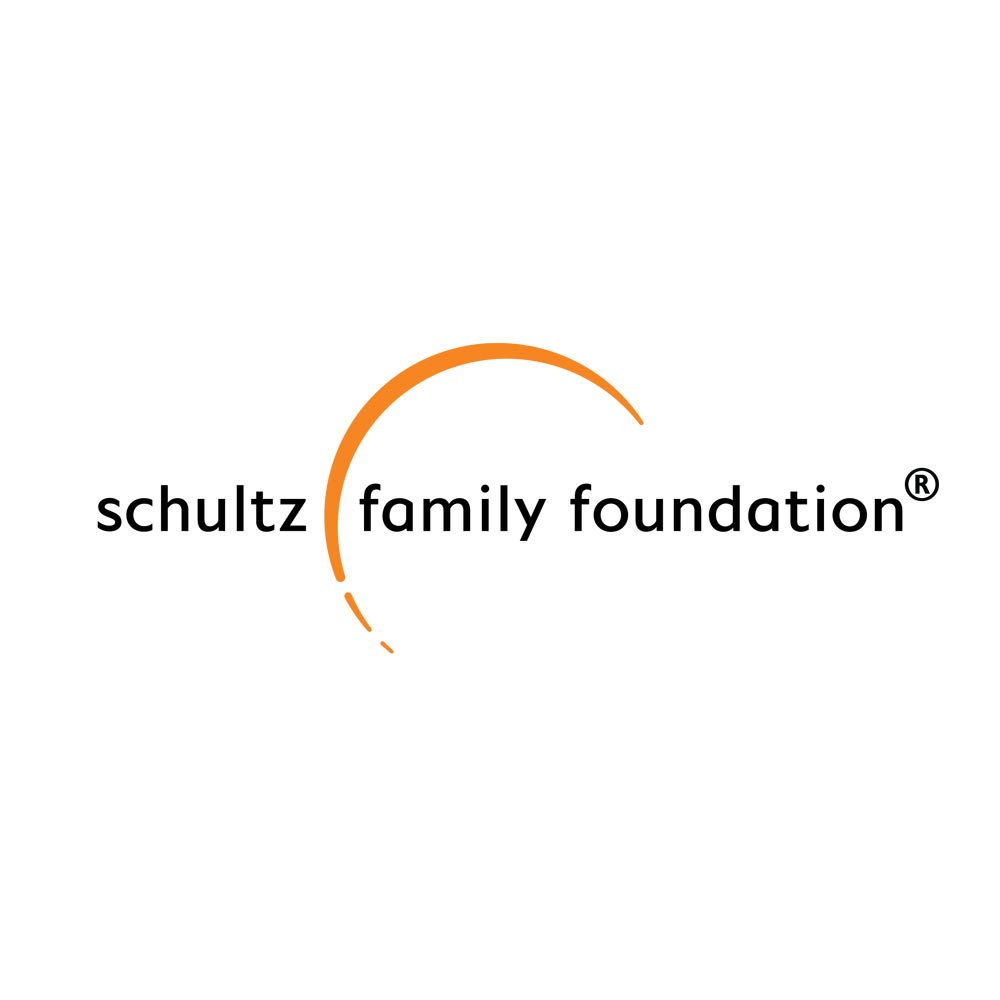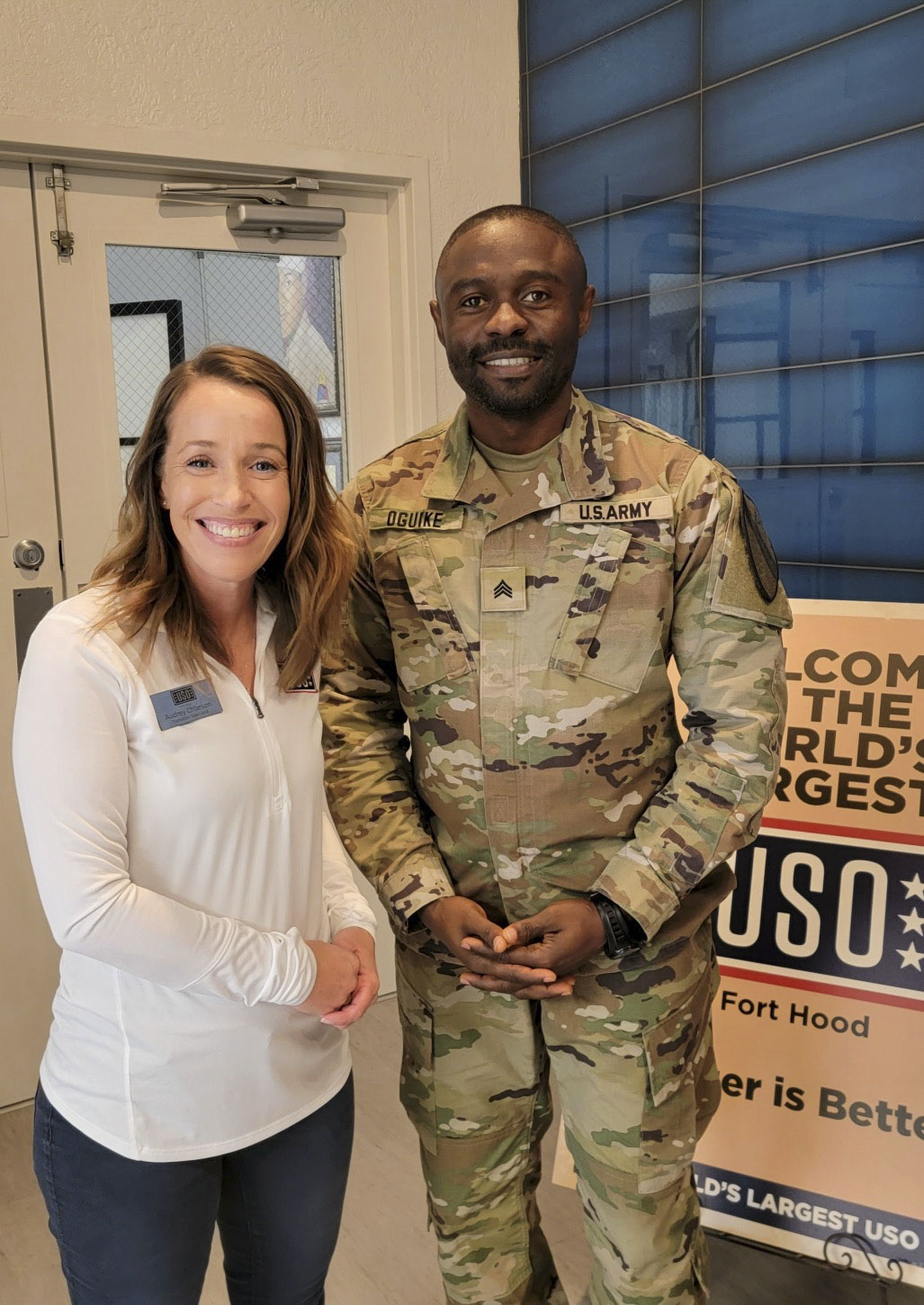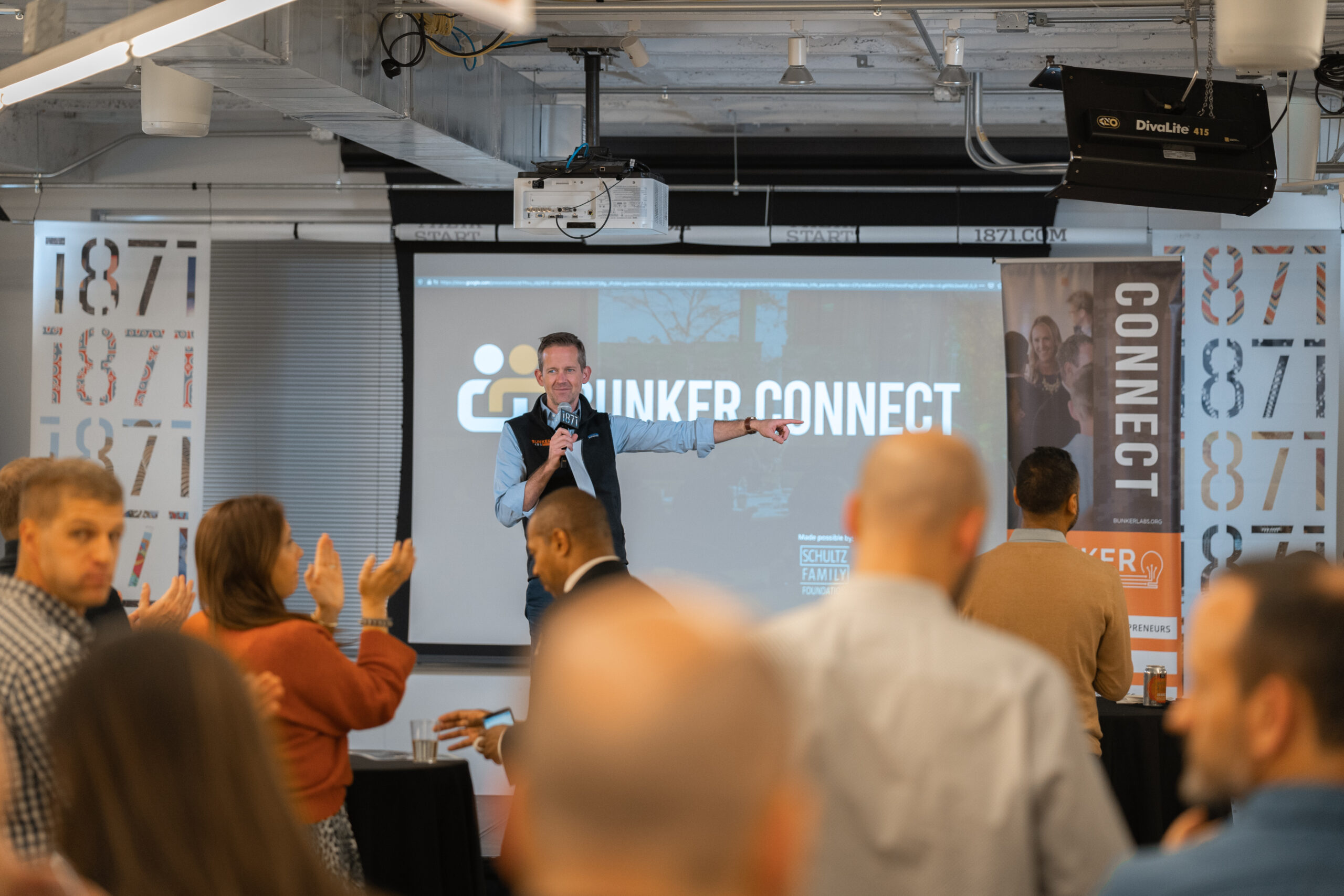Veteran Transition Partnership


How are we improving transition and employment outcomes for junior enlisted service members?
Veterans possess diverse skills and experiences, but many face hardships transitioning from the military to civilian life. Young veterans, in particular, are most likely to be unemployed and least likely to access resources to help them navigate toward good jobs.
Why it Matters
3%
of federal expenditures on veteran transition are allocated to employment assistance (Source: RAND, 2024)
44%
of junior enlisted veterans say they are at risk financially
21%
of junior enlisted veterans have a job lined up before their transition to civilian life
A decade of supporting post-9/11 veterans
Streamlining the delivery of services to young veterans
The Veteran Transition Partnership is focused on assisting the junior enlisted segment of the military population as they navigate the initial stages of their transition from military to civilian status. The Partnership includes the USO, which begins delivery of navigation services while military personnel are still on active duty, and a set of the most effective employment-focused Veteran Service Organizations, which serve the junior enlisted veterans during and after their transition from military service. With this reach, the Veteran Transition Partnership is able to connect young service members quickly to the set of supports that can put them on a career pathway post-service.
Using data for continuous improvement
At the core of the Veteran Transition Partnership is a data management system, aggregating critical information across multiple organizations to capture collective impact, identify effective programs and practices, and highlight where there is room for improvement.
Improving cost effectiveness
While the Department of Labor’s veteran employment program offers some employment support at the time of transition, it has a cost-per-replacement rate that is nine times that of the Veterans Transition Partnership’s non-profit program providers. This Partnership demonstrates that in the employment field, high quality nonprofits can deliver vastly superior outcomes at lower cost.



